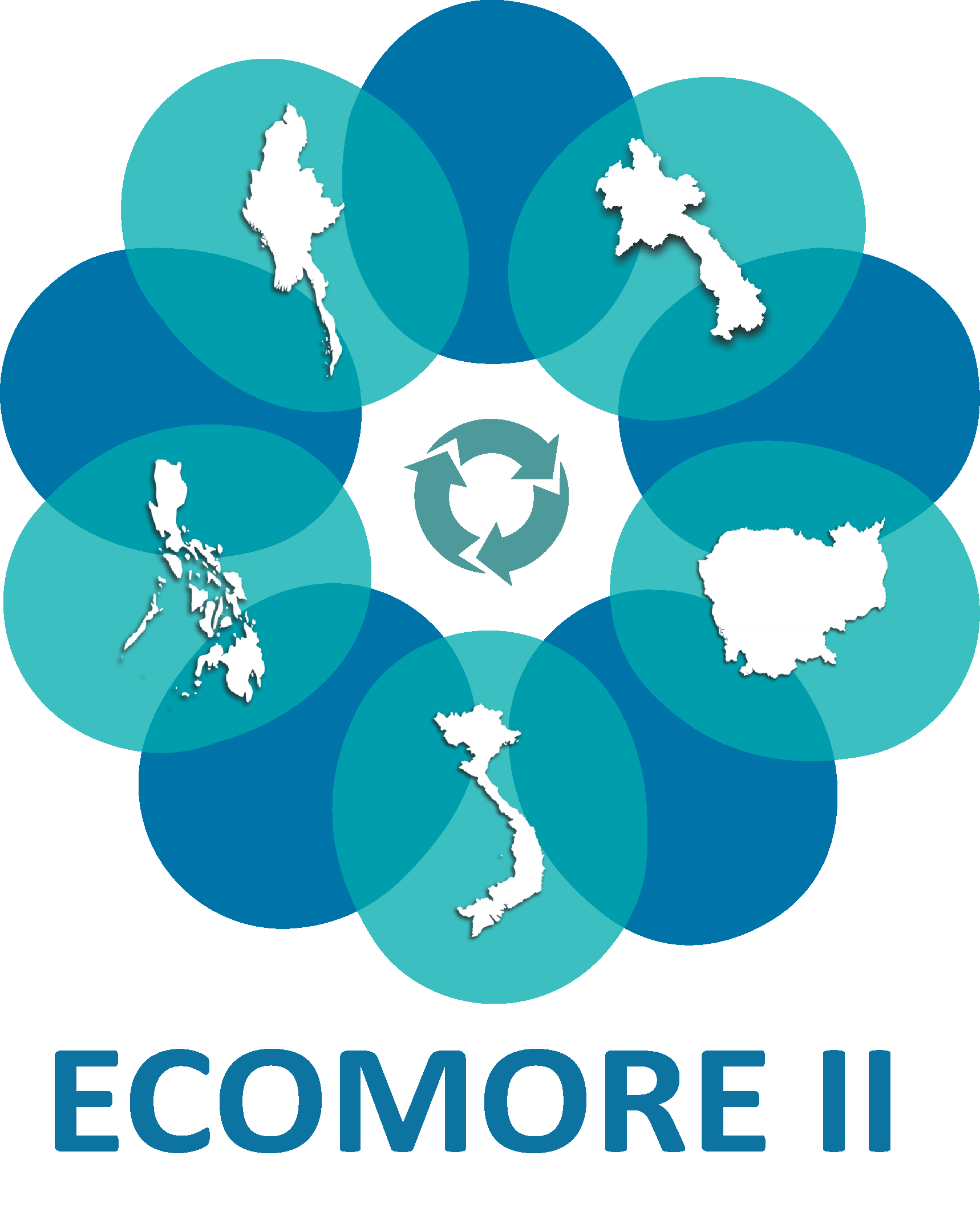Institut Pasteur du Cambodge
Web site : www.pasteur-kh.org
The Institut Pasteur in Phnom Penh was established in 1953. In the 60s, the virology and medical entomology units worked to isolate the Chikungunya, dengue and Japanese encephalitis viruses. At that time, the Institute also opened up services for analytical chemistry, industrial chemistry and pharmaceutics for analyses of water and agricultural products.


The missions of Institute Pasteur in Cambodia:
Research:
- Virology: Emerging Pathogens: H5N1, H1N1 pandemic, dengue, Chikungunya, Japanese encephalitis, Hand, foot and mouth disease (EV71), viruses from wildlife (rodents, bats, etc.), HIV / AIDS and viral hepatitis (Southeast Asia Pole of ANRS).
- Bacteriology: diagnosis of mycobacteria, leptospirosis, and myelioidosis, antibiotic resistance, genotyping bacteria.
- Parasitology: Malaria (antimalarial drug resistance), and genetic biodiversity of Plasmodium, early diagnosis and prognosis, mechanisms of resistance, culture of parasites.
- Immunology: Cell response to HIV infections and co-infections (tuberculosis), dengue virus, immune status of the newborn exposed to HIV.
- Epidemiology and public health: clinical research, risk analysis, interventions and recommendations on endemic / epidemic: HIV / AIDS, tuberculosis, influenza, dengue, Chikungunya, zoo noses (rabies, H5N1, scrub typhus, antivirus, osteoporosis).
Public Health:
- Support to epidemics and zoonoses affecting humans.
- National Reference Centers for influenza and respiratory diseases for rabies and dengue and other arboviruses.
- National and WHO avian influenza.
- WHO Laboratory for quality assurance of rapid diagnostic tests for malaria.
- Laboratory of Food Microbiology and Water Analysis.
- Center for anonymous and free testing for HIV / AIDS.

Training:
- Continuous training of national scientists and managers of the Institut Pasteur in Cambodia.
- Contribution to the Master and PhD training (abroad).
- Seminars, conferences and postgraduate scientific courses.
